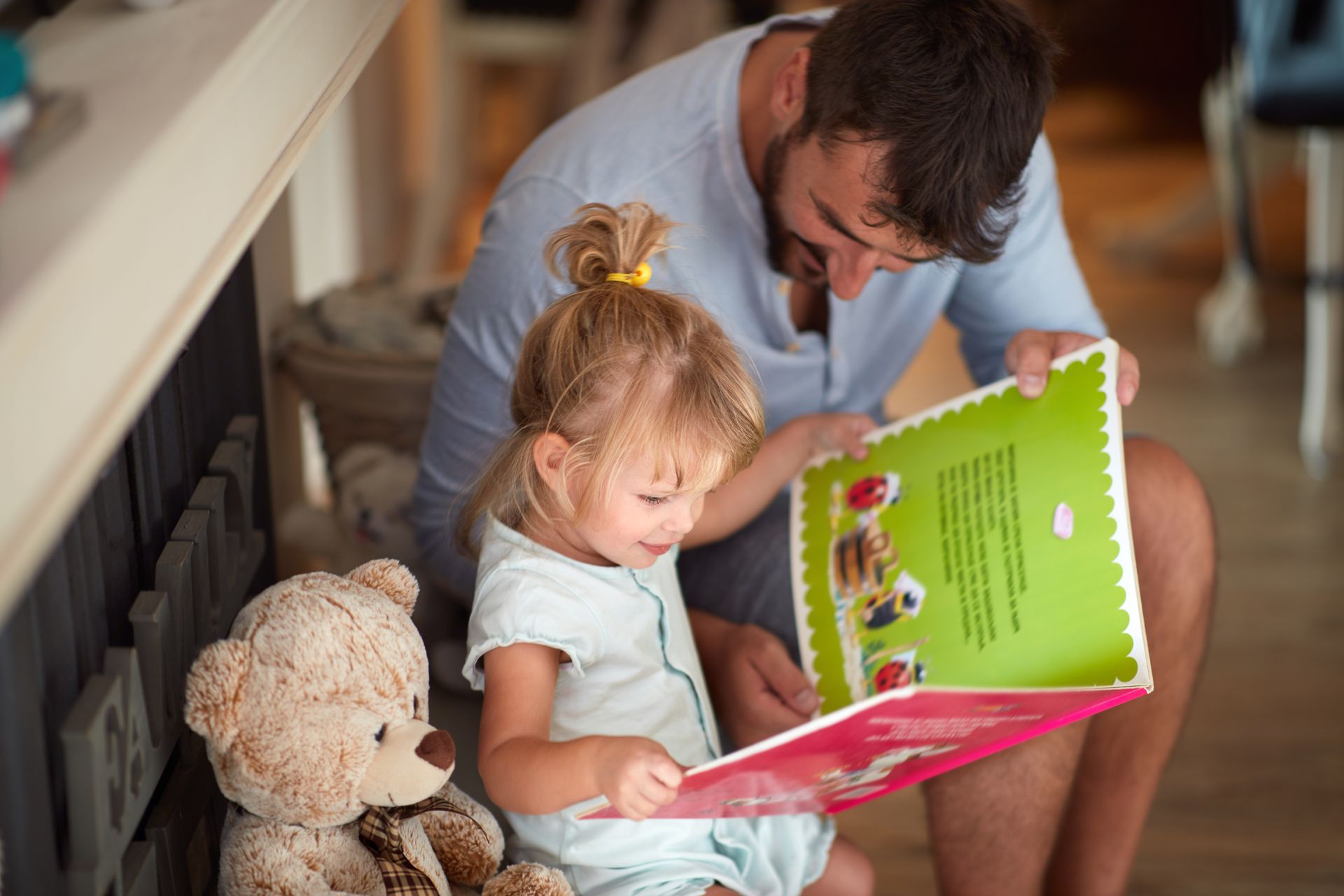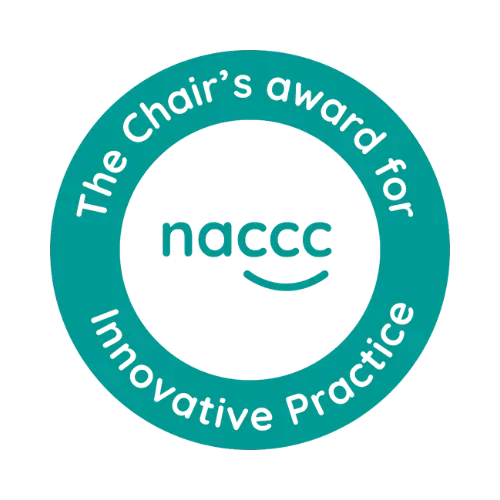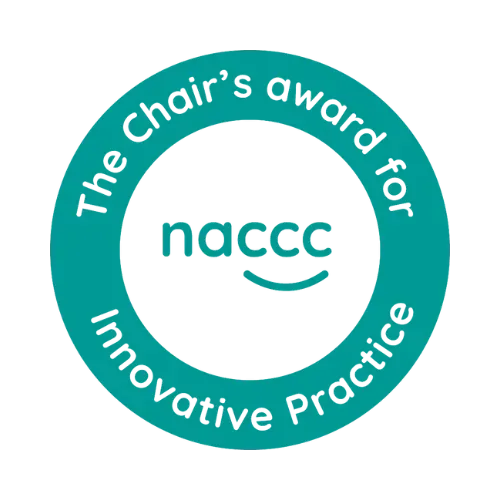Indirect Contact
Sometimes, direct face-to-face contact between a child and parent is not possible.This may be because of safety concerns, emotional wellbeing, distance, or recommendations made by professionals.

Indirect Contact
At C4F (Centre for Families), we recognise how important it is for children to know they are remembered and valued by their parent — even if they cannot meet in person.
Indirect contact offers families a way to share messages, gifts, or updates in a way that puts the child’s needs first.


What Indirect Contact Looks Like
Indirect contact may take different forms, including:
Letters and Cards — written updates, greetings, or personal messages.
Photographs — sharing pictures to help children feel included in a parent’s life.
Gifts — small, appropriate items that let children know they are being thought of.
Emails or Other Written Communication — when approved, this can be another way to keep in touch.
Our staff play a vital role in ensuring that everything shared is appropriate, safe, and in the child’s best interests.

Why Indirect Contact is Important
Even if parents and children cannot meet face-to-face, indirect contact allows children to:
Feel reassured that their parent still cares about them.
Receive positive and encouraging messages that support their emotional wellbeing.
Maintain a sense of connection during times of distance or difficulty.
For parents, it is also an opportunity to:
Demonstrate consistency, care, and responsibility, provide reassurance to their child without creating risk or conflict, build the foundations for possible future direct contact.
The Role of C4F in Indirect Contact
At C4F, our team carefully manages all indirect contact. We check that letters, gifts, or messages are suitable and delivered in a way that supports the child’s emotional health. This process gives reassurance to parents, children, and professionals that everything being shared is appropriate and constructive.
We handle each exchange with sensitivity and confidentiality, recognising that these small gestures can have a big impact on how children feel connected and cared for.


When Indirect Contact is Used
Indirect contact may be arranged when:
- Direct meetings are not safe or appropriate.
- A child is not ready for face-to-face sessions but benefits from gentle, consistent reminders of their parent’s care.
- Courts, social workers, or professionals recommend it as the most suitable form of contact.
- Distance or personal circumstances make physical visits impossible for a period of time.
It can be a
temporary step while families work towards more direct contact, or it may be the most appropriate long-term arrangement depending on the situation.
Arranging Indirect Contact
Indirect contact can be set up through:
- Local authorities and social workers
- CAFCASS and the courts
- Solicitors
- Parents themselves (self-referral)
Once arranged, we guide families through the process, explaining clearly how communication will be managed and ensuring that the child’s wellbeing is at the centre of every decision.

Keeping Families Connected
At C4F, we understand that children thrive when they feel remembered, valued, and cared for.
Indirect contact provides a safe way to nurture those feelings, even when direct visits are not possible.
Our role is to help families stay connected in ways that support the child’s safety, wellbeing, and emotional security.
Indirect Contact is about reassurance, continuity, and the reminder that family bonds still matter — even at a distance.







